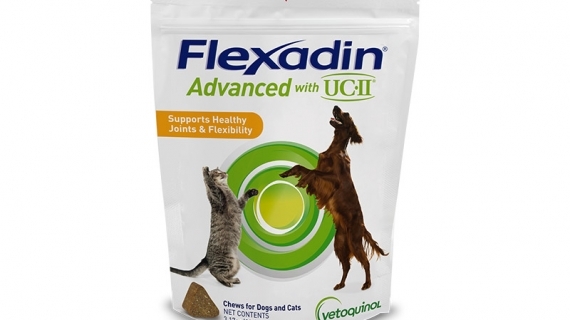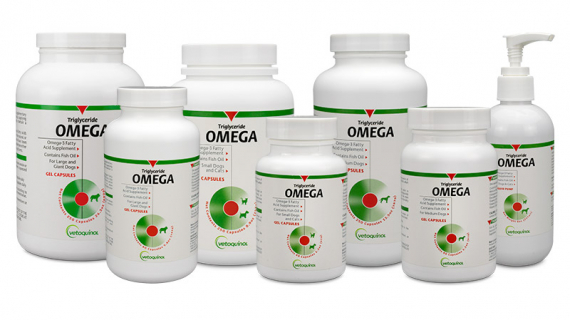
Dogs
Shop My Happy Pets from Vetoquinol for veterinarian-approved formulas to support adult dogs, puppies, and senior dogs with quality supplements for overall health, joint care, and behavior support.
What can I do about osteoarthritis in dogs?
Once a veterinarian has confirmed osteoarthritis with a physical exam, ask about approaches that include weight management, exercise, dietary management, osteoarthritis pain medication, and supplements to help maintain cartilage health. Today, dog owners have many options to helping dogs with osteoarthritis live a long, happy life. Often, a veterinarian will recommend multiple treatment options, depending on your dog’s specific case. Learn more in this article from the American Veterinary Medical Association.
Is loose stool the same thing as diarrhea in dogs?
If your dog has loose stools from time to time, it doesn't mean your dog has diarrhea. However, diarrhea can have many causes including infectious or non-infectious disease. Especially in puppies, the American Kennel Club recommends calling your veterinarian to help determine if there is a cause for concern. Always contact your veterinarian if the loose stool persists for longer than a day or two and the dog also has a poor appetite, lethargy, or vomiting.
What do I do about my dog's anxiety?
Behavior problems can negatively affect the bond with our dog. Common stressors can thunderstorms, veterinary visits, grooming visits, boarding, traveling, loud noises, or changes at home like visitors or new babies. Calming strategies can include training and supplements. This article from the National Animal Supplement Council (NASC) can provide more information — but your veterinarian is a great place to start!
What is the best fish oil for dogs?
Dogs can’t produce omega-3 essential fatty acids on their own, which makes fish oil supplements a great option. Several different omega-3 fatty acids exist, but the majority of scientific research focuses on three: alpha-linolenic acid (ALA), eicosapentaenoic acid (EPA), and docosahexaenoic acid (DHA). ALA is present in plant oils like flaxseed. DHA and EPA are abundant in many fish oils, including sardines, mackerel, and anchovies. Cold-water fatty fish, such as salmon, mackerel, tuna, herring, and sardines, contain high amounts of omega-3s. The recommended amount varies by the weight and age of your dog.




